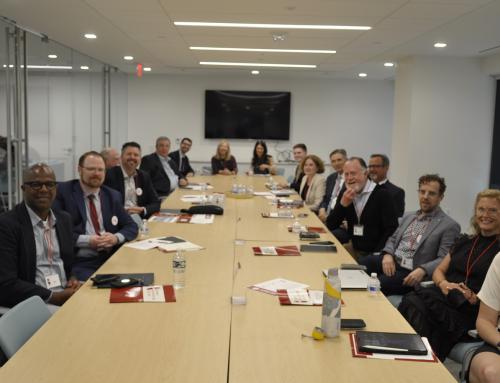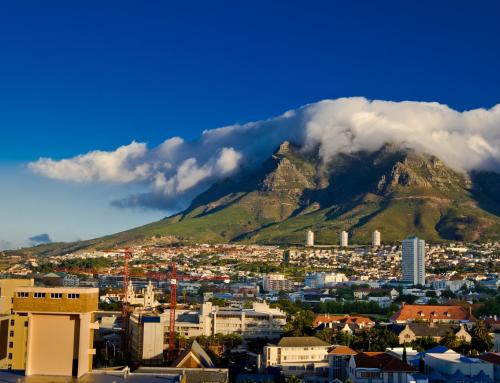Earlier this year I wrote about the Global Digital Compact and why we felt it was so important to engage in the process.
We are part of a coalition of companies and organisations from the “technical community” which submitted a statement to the UN this week underpinning our concerns with how the entire thing is playing out.
Here is the statement in full:
Joint Statement from A Technical Community Coalition for Multistakeholderism:
Our concerns on the Global Digital Compact process & possible outcomes
We, the undersigned, are aligned organizations working in the Internet’s technical community with a long history of involvement in multistakeholder Internet governance. We are writing to convey our concerns around the Global Digital Compact (GDC) process and, consequently, the possible outcomes of the Compact.
Following our regular engagement in multistakeholder inputs for the Compact’s development, we remain unclear about how the views put forward in these engagements have effectively and meaningfully contributed to the GDC zero draft and its subsequent revisions. We are also troubled that recent multistakeholder consultations have not catered to global participation in terms of format and selected date and time.
These challenges run contrary to the Compact’s invitation to “international and regional organizations, the private sector, academia, technical community and civil society groups to endorse the Compact and take active part in its implementation and follow-up” (para. 65, Rev. 2). Noting that the latest version of the Compact (Rev. 3) and further schedule remain unpublished, we also have continued concerns about the transparency and openness of this process.
Despite widespread support for multistakeholder Internet governance across all stakeholder consultations, and strong advocacy from many Member States, there appears to be real potential that such support will not be meaningfully reflected in the agreed-upon Compact. Multistakeholder Internet governance involves all stakeholder groups—governments, civil society, academia, the private sector and the technical community—in policy decisions about how the operational aspects of the Internet are managed, on equal footing.
Finally, we remain very concerned about the scope and breadth of UN-led initiatives outlined in all versions of the Compact. Despite repeated calls from stakeholders and many Member States for the scaling back of such new initiatives and structures, there has been limited meaningful reduction or tempering of the new multilateral initiatives proposed in the GDC. We have also repeatedly called for the bolstering of multistakeholder initiatives including those that were created as part of the World Summit on the Information Society (WSIS) outcomes, in particular the Internet Governance Forum (IGF).
We highlight similar concerns to those outlined above in recent statements from other members of the technical community and members of civil society, respectively. We call for additional, timely and meaningful engagement with the multistakeholder community as this process progresses, with clear indication of how these inputs have been integrated into the outcomes of this Compact.
It is only through the regular and meaningful involvement of all stakeholder groups in the Compact’s development that we can successfully achieve its stated goal of “shared principles for an open, free and secure digital future for all”.
Asia Pacific Network Information Centre (APNIC)
Associação DNS.PT (.pt registry)
.au Domain Administration (auDA)
Blacknight
Canadian Internet Registration Authority (CIRA)
DENIC eG
DNS Africa Ltd
DotAsia Organisation
GoDaddy
Identity Digital
IE Domain Registry CLG (trading as .ie)
InternetNZ
Japan Network Information Center (JPNIC)
Japan Registry Services Co., Ltd. (JPRS)
Network Information Center Costa Rica (NIC Costa Rica)
Nominet UK
Norid (.no)
Public Interest Registry (.ORG)
Taiwan Network and Information Center (TWNIC)






